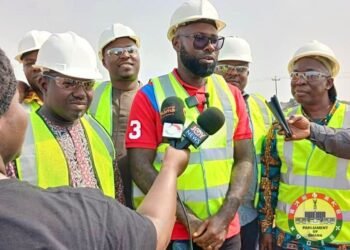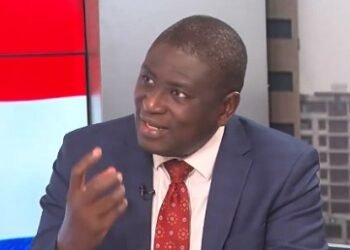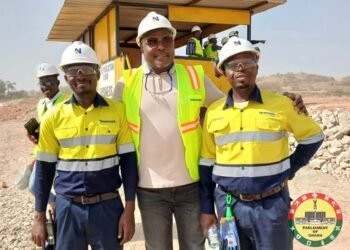The Chief Executive Officer of the Ghana National Petroleum Corporation (GNPC), Mr. Kwame Ntow Amoah, has outlined a bold and forward-looking strategy to keep Ghana competitive in the global upstream petroleum industry.
Speaking at a high-level panel on “Enhancing Competitiveness and Investment in Ghana’s Upstream,” Mr. Amoah made it clear that Ghana’s edge will not come from fiscal incentives alone, but from a broader foundation of geological certainty, infrastructure readiness, and decisive leadership.
“Our competitiveness as an oil and gas province must be driven foremost by geological promise.
“That clarity only comes through bold investments in data acquisition.”
Kwame Ntow Amoah, Chief Executive Officer of GNPC
Mr. Amoah stressed that attracting serious upstream investment begins with confidence in the subsurface.
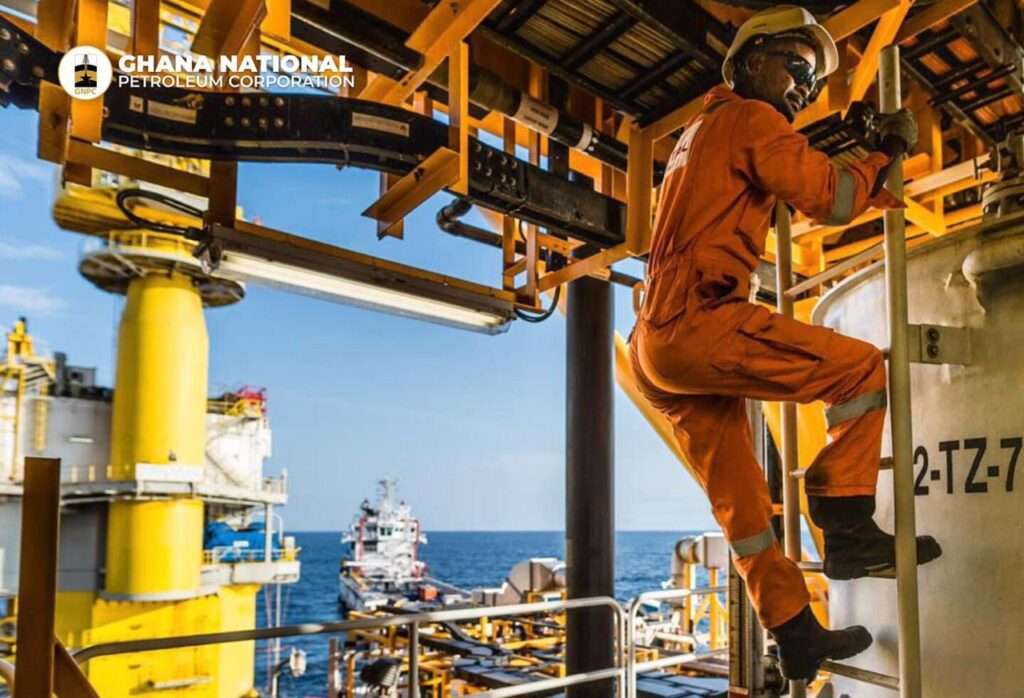
He pointed to the lessons of Ghana’s most recent licensing round, which had been hindered by critical gaps in geological data. These shortcomings, he explained, reduced investor appetite and underlined the urgent need for a proactive approach.
“Investors need certainty, and certainty begins with data.
“The last licensing round revealed that the absence of comprehensive geological information made us less attractive compared to other regions.”
Kwame Ntow Amoah, Chief Executive Officer of GNPC
In response, GNPC has taken the initiative to finance multi-annual data acquisition programs, including seismic surveys, advanced mapping, and new exploration assessments.
The CEO noted that these efforts are already generating strong interest from global companies eager to explore both offshore and onshore acreage, particularly in the promising Voltaian Basin.
Gas as the Transformative Resource
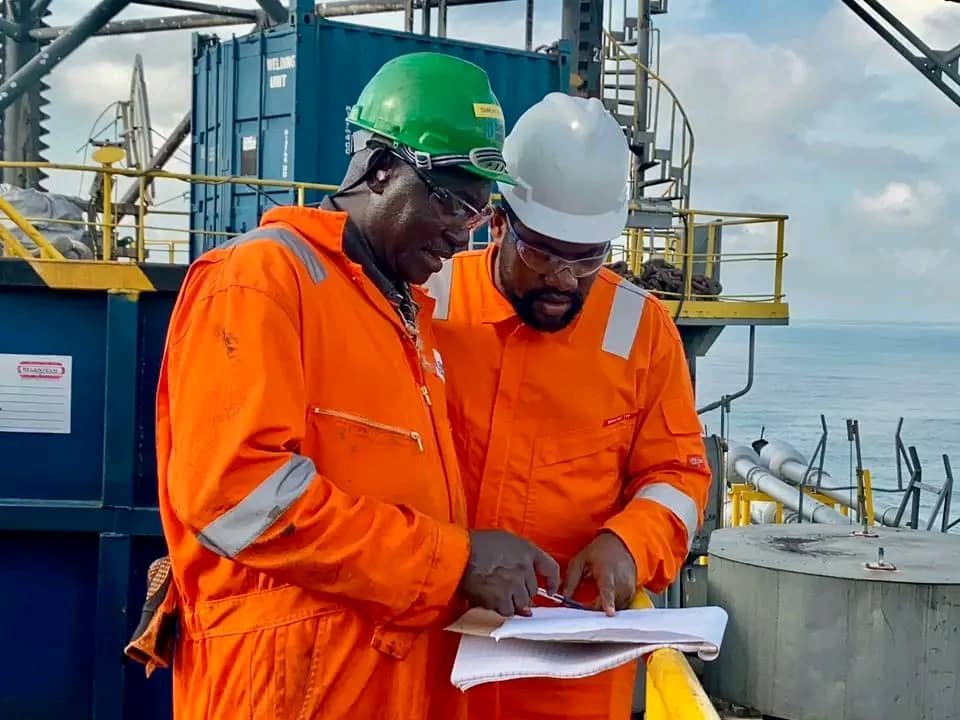
While oil has historically driven revenue, Mr. Amoah argued that natural gas offers even greater potential for Ghana’s long-term development. He described gas as the foundation of future industrialization, job creation, and energy security.
“Gas is even more transformative than oil.
“It is the fuel that can power factories, support fertilizer and petrochemical industries, and ensure reliable electricity for our people. Beyond that, it is the anchor for regional energy integration.”
Kwame Ntow Amoah, Chief Executive Officer of GNPC
He emphasized that the development of robust gas infrastructure, pipelines, processing plants, and interconnections will be key to unlocking this potential.
Another cornerstone of the GNPC strategy, according to Mr. Amoah, is the redesign of petroleum agreements to reflect the realities of today’s volatile markets.
He cautioned against rigid contracts that lock both the state and investors into terms that may quickly become outdated.
“The days of static agreements are over.
“We need flexible contracts that can evolve with market conditions, allowing investors to remain confident while ensuring that Ghana secures maximum value from its resources.”
Kwame Ntow Amoah, Chief Executive Officer of GNPC
This call aligns with a growing recognition across Africa that contract models must be modernized to balance investor needs with national interests, particularly in an era of shifting energy dynamics and global energy transition pressures.
Leadership and Engagement
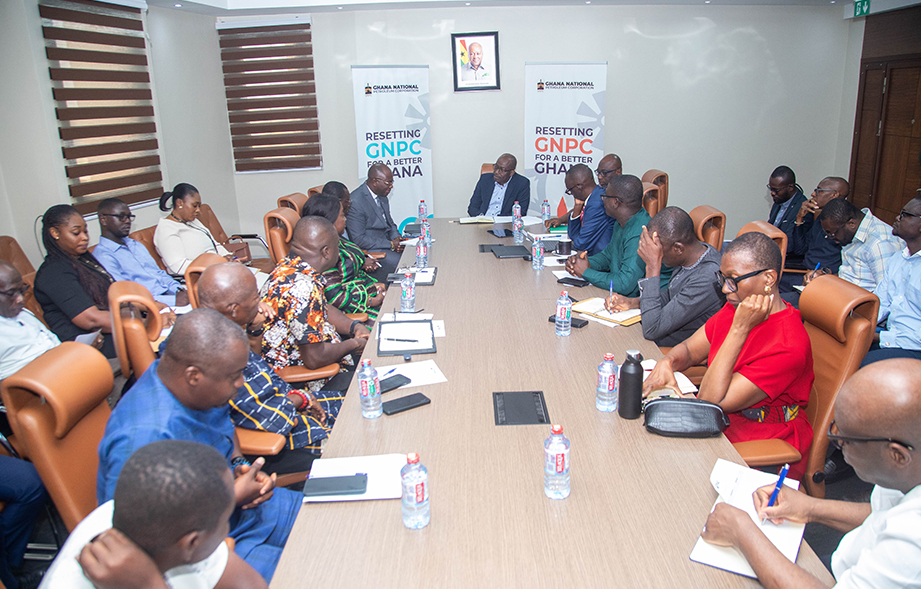
Beyond data and contracts, Mr. Amoah underlined the role of leadership and policy engagement in shaping competitiveness.
He stressed that global investors today pay close attention not just to geology and fiscal regimes, but to the quality of governance, predictability of regulation, and the responsiveness of political leadership.
“Competitiveness is not just about rocks or rigs. It is also about trust.
“Leadership that is transparent, engaging, and decisive creates certainty for investors and ensures alignment with national goals.”
Kwame Ntow Amoah, Chief Executive Officer of GNPC
Industry analysts at the panel described his remarks as a timely reminder that investor confidence depends as much on governance as on resource potential.
The panel discussion closed with consensus that while fiscal terms remain relevant, Ghana’s long-term competitiveness in the upstream sector will depend more heavily on strategic reforms, aggressive data acquisition, shared gas infrastructure, and leadership that can inspire trust.
Observers noted that his remarks reflect a maturing strategy in Ghana’s oil and gas sector one that emphasizes sustainability, industrial growth, and national resilience.
The multi-pronged approach signals that Ghana is intent on not just attracting capital but also shaping a future in which petroleum resources drive broad-based economic transformation.
READ ALSO: Market Cheers as Ghana’s Treasury Auction Breaks Four-Week Drought with 15.8% Oversubscription





